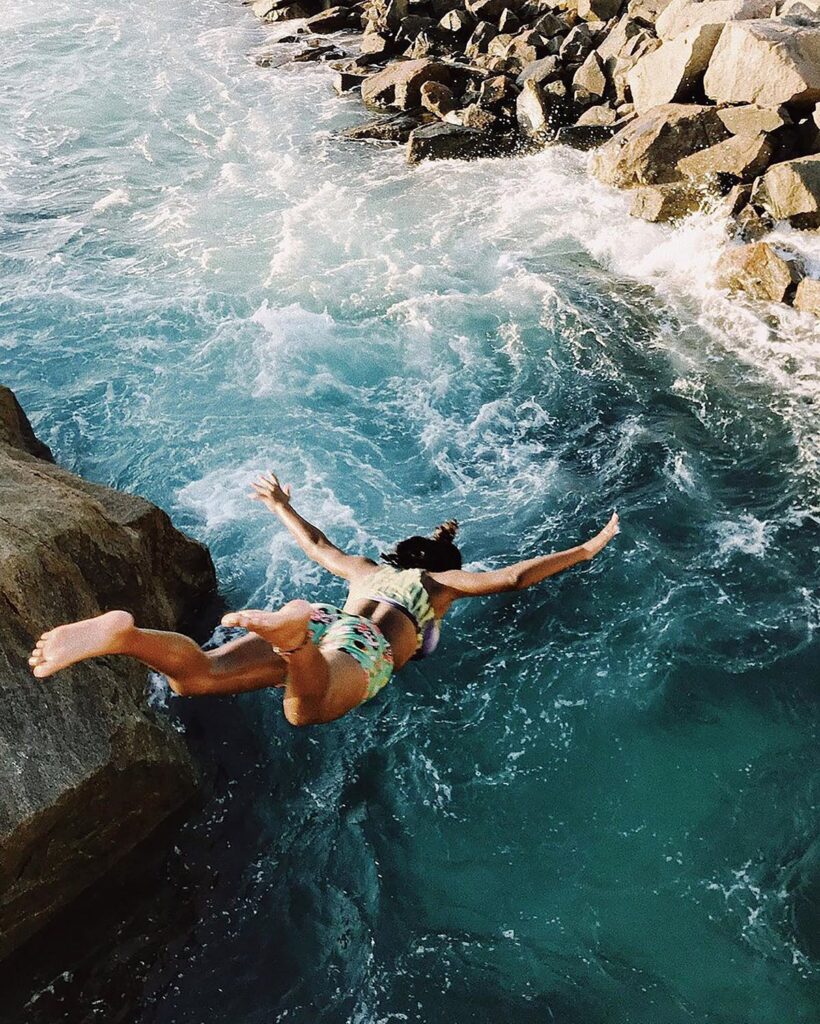
Courage is what defines the brave. We think of them as heroes, the people we look up to. Rarely do we think of ourselves as one of them.
We think of them as the people who run into danger, who save lives, who do the sorts of things that ordinary people can’t or won’t. Our mental images of courageous people tend to look like certain types, wearing capes or uniforms, firefighter helmets, police hats, or nurses caps. Even if we are one of those types, we often relegate heroism to others, and believe it is what other people do.
I’d like to posit to you, though, that courage is a choice, and one that is available to all of us. That you, too, can be courageous. Brave. A hero.
Consider this: Courage is doing what we don’t want to do, when we don’t want to do it, knowing there is a potential significant cost to our lives.
It is not a personality trait. It is not who we are or are not. It is what we do, when we do it, that one time. Perhaps the next time too, or the time after that. Or not. And that’s okay. Courage is a piece of us. We are not either brave or not brave. We can be heroes sometimes, and not others.
Courage is doing what we must, because we cannot face ourselves if we don’t. It can be driven by duty. It can be influenced by social pressure. It can coexist with fear. It can be reluctantly done. What pushes us into courage isn’t as important as the fact that we have allowed ourselves to be pushed.
Even as someone who suffers crippling terror, whose lizard brain says “not today, not tomorrow, not ever,” there are choices to be made. Choices, perhaps, that needed to be made before a time of most extreme need; choices that change who we are in our very core, not just how we act in a single moment. Choices about what we cannot accept and what we must do to prepare ourselves so that we need not be forced into acceptance. Choices made about what we must accept, and coming to internal peace about it before it becomes a matter of immediacy, where we want to rush in anyway. Courage, after all, is sometimes found in standing by.
What we want to do today may not be what we want to do tomorrow. An easy favor to grant right now may become nearly impossibly difficult when our personal circumstances have changed – when we are no longer employed, for instance. A task we are reluctant to tackle at the moment may become so simple and ordinary as to be hardly worth noting after we become more skilled at it, more inured to what it requires of us. Courage is a measure of not just who, but when and where and how.
The costs can seem small from the outside, but still seem right then to be life-altering for the courageous person. They may never become due, but that doesn’t change that the risk existed. Loss of life, loss of limb, loss of livelihood, loss of reputation, loss of a little piece of the soul – they all matter. We may not see them as onlookers, may not know the fear faced and overcome. We may be tempted to judge the fear too much, the cost too little, but that changes the nature of courage not at all. The scale, perhaps, but the fact of its existence? Not at all. And what, I ask you, is more heroic than choosing courage without promise of reward?
Now then, do you choose courage? Are you brave? Can you be a hero?




